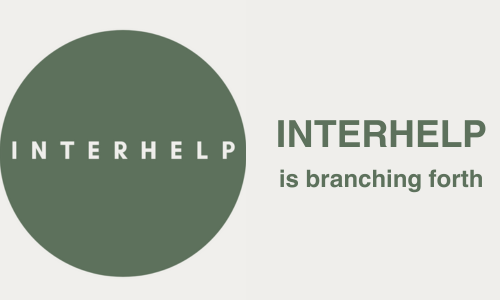Anti-oppression and the Work That Reconnects: First Steps
by Marcia Berry, January 2017
In Work That Reconnects circles, we are becoming aware that, while the WTR is intended as an empowering framework that includes all people, there can be gaps between intention and impact in how we offer, frame, and deliver the Work. Having evolved primarily within scholarly, white, Buddhist thinking, the Work has often unconsciously excluded the experiences of many people. Applying anti-oppression thinking to the work is expected to be a long and thoughtful process.
A serious conversation about applying anti-oppression/decolonization thinking to the WTR began in Washington State during a Facilitator Gathering dedicated to the topic in September 2016. [See Deep Times Journal] Aravinda Ananda and Joseph Rotella attended this event and hosted a subsequent retreat at Starseed in western MA. They gave an overview of the original west coast conversation, and the group explored possible next steps for our work on the east coast.
The group at Starseed suggests reflecting on these questions in our own Work That Reconnects circles:
What’s the story — and who is telling it?
- Are the practices I’m facilitating being shared in their proper context?
- Am I being careful and sensitive about cultural appropriation?
- In what ways have I done harm, or could I do harm in facilitating the WTR?
- Are there practices whose names need to be changed?
- Are there practices we should consider no longer doing?
- Whose feelings are being centered at our gatherings? In other words, whose feelings are the focus of group attention?
- Are we listening to those who have been harmed and those whose voices haven’t been heard?
- Do I understand the difference between intention and impact?
- Am I careful to make “I statements” and not use “WE” to universalize experiences that can be harmful to those outside my experience?
Clearly, our task calls for a lifelong process of learning, reflecting, changing habits of thought, and taking action — and then reflecting some more. It is essential that each of us critically and consciously assess how our own minds have been affected by cultural conditioning.
For people of European heritage, the website Awakening the Horse People suggests these steps toward decolonizing our own minds:
- Reconnecting with the places we come from and with our own ancestry
- Restoring our place in the web of all life
- Becoming allies in anti-racist solidarity work
- Playing our part in the healing of historic and ongoing trauma resulting from colonization and genocide
Practical steps taken so far within Interhelp Network
This SURVEY is being circulated:
Do you have experience with anti-racism work, anti-oppression training/work, cultural competence, multicultural-cross-cultural-intercultural training?
Interhelp is reaching out to identify people in our network who have attended, facilitated, and/or who have some level of comfort and experience being actively involved in anti-oppression training and work.
If this is part of your background or experience, please email Marcia Berry with your contact information and include whether you have attended trainings or facilitated trainings or both. Thank you!
ANTI-OPPRESSION STUDY GROUP was held in 2017.
Five-day WORK THAT RECONNECTS WORKSHOP in June 2017 in New Hampshire included a focus on integrating anti-oppression awareness and approaches in the way the Spiral is offered.
Resources for further study
“Dismantling Columbus and the Power of the Present” by Jaskiran Dhillon and Siku Allooloo
“The Doctrine of Discovery – A Buried Apology and an Empty Chair” by Mark Charles
An Indigenous Peoples’ History of the United States by Roxanne Dunbar-Ortiz
“Lessons & Reflections from Radical Dharma for the Evolution of the Work That Reconnects” by Aravinda Ananda
“Renewal, Remembrance, and Resistance for Decolonizing People of European Heritage” by Ana Oian Amets and Christine Blachly
Unsettling America website
White Awake website
Witnessing Whiteness: The Need to Talk about Race and How to Do It by Shelly Tochluk
